15 Cowboy Slang Words You’ve Probably Never Heard Before
Cowboy slang delivers a fascinating glimpse into the Wild West’s colorful language. Known for their animal herding ingenuity, these terms reveal a little-known comic side of this community. The slang reflects the gritty, humorous, and poetic nature of cowboy life. Each phrase carries a unique story and practical meaning, adding flavor to their rugged lifestyle.
Black-Eyed Susan

Credit: pexel
Cowboy slang is as colorful as a sunset on the range. “Black-Eyed Susan” isn’t about flowers or women; it’s a term for the revolver. Originating from the era’s fondness for poetic names, this phrase never stirred any controversy but subtly hinted at how thrilling cowboy life can be.
Lead Plum
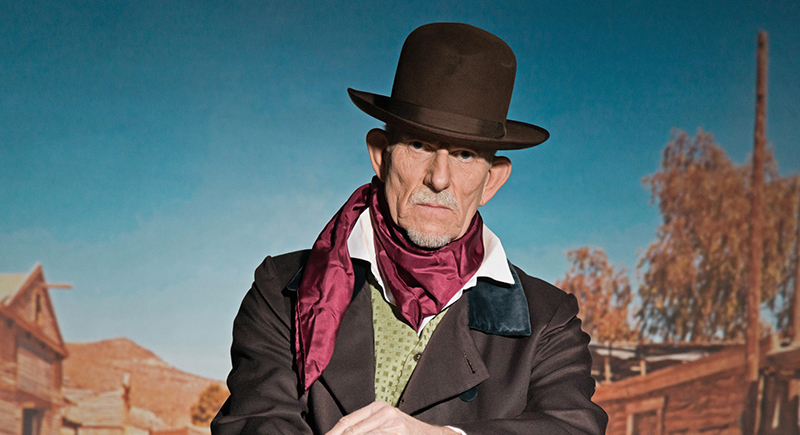
Credit: iStockphoto
Cowboys called bullets “lead plums” to introduce an aggressively poetic twist to the deadly objects. While no controversy arose from this reference, the term painted a real picture of the harsh realities of duels in the Wild West. It softened the violence with a fruit metaphor.
Desert Canary
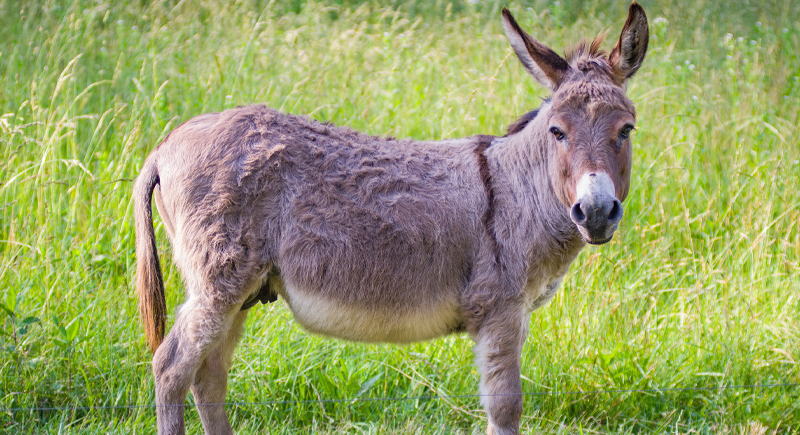
Credit: iStockphoto
This slang was an unconventional term used in reference to a donkey. It exhibited the hidden cowboy’s humor. The origin lies in the animal’s braying, likened to a bird’s song. This odd term was never opposed by any stakeholders and added a lighthearted touch to the cowboys’ rugged lives.
Blue Whistler
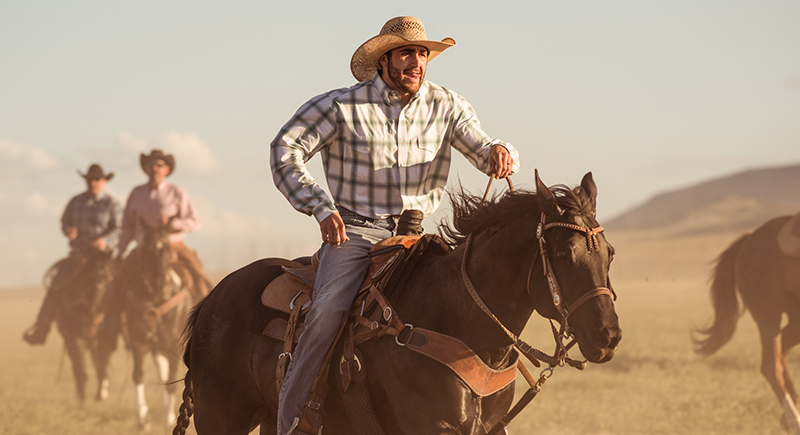
Credit: iStockphoto
A “blue whistler” was another term the cowboys used for a bullet. The name was inspired by the eerie sound it produced as it raced through the air, chasing its target. This term, born from cowboy lore, was embraced by all and described the lethal projectile’s journey.
Overland Trout
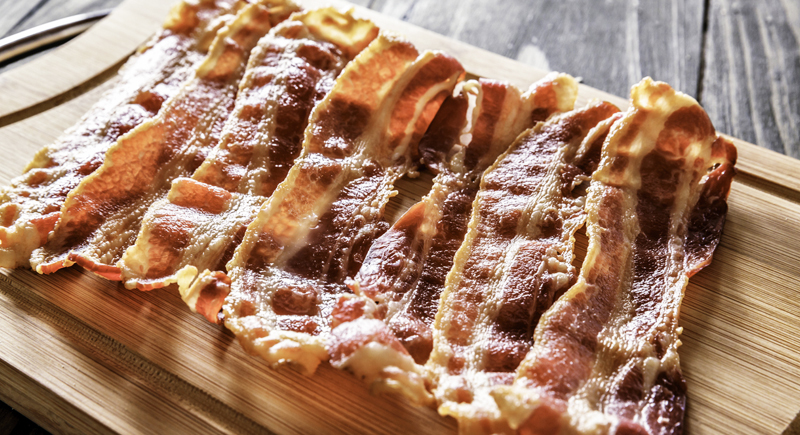
Credit: iStockphoto
Cowboys called bacon “overland trout,” injecting some humor into their rough, unconventional diets. This was a playful term that arose from their creative slang culture. It wasn’t a controversial term, like it was characteristic of most slang terms. It simply added a bit of fun to their everyday meals.
Bear Sign
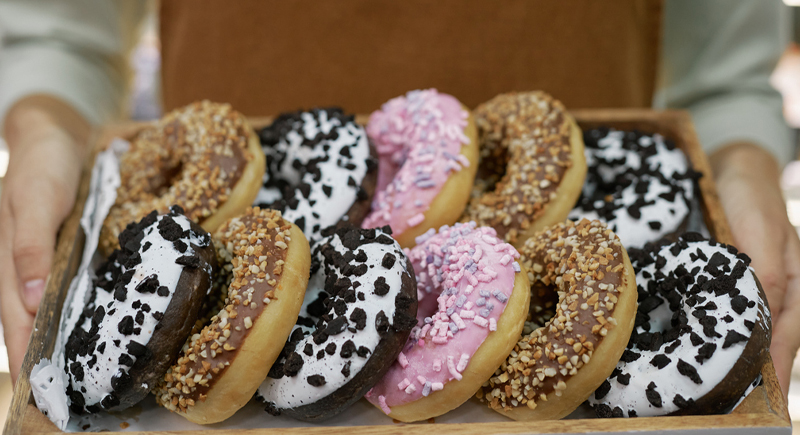
Credit: iStockphoto
This was another witty and hard-to-crack puzzle. The slang was Cowboy’s phrase for donuts. It was later revealed that the humorous name was inspired by the donut’s resemblance to bear droppings. This comic term never caused offense but served as a fun way to talk about a beloved snack.
Adam’s Ale

Credit: iStockphoto
This was one of the funniest of the slangs. Cowboys referred to water as “Adam’s ale,” which was a nod to the biblical Adam drinking from nature. This poetic term celebrated the essential beverage without attracting any form of resentment. It added a touch of affection to their terms.
Rib
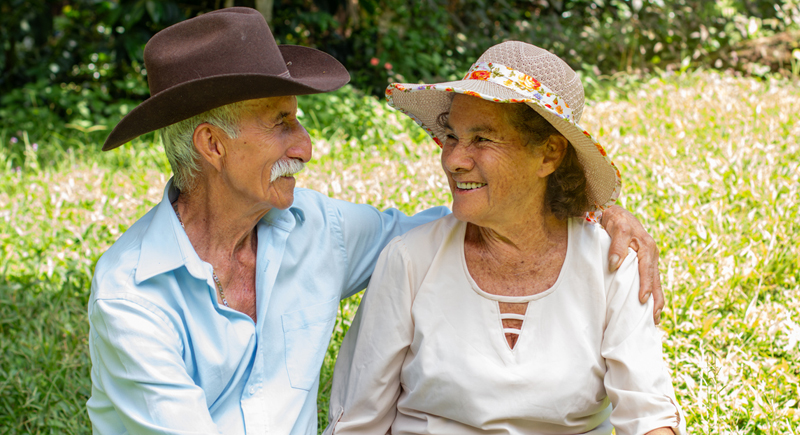
Credit: iStockphoto
A cowboy’s wife was called a “rib,” another playful biblical reference. This creation story term reflected the era’s patriarchal views, which were accepted and didn’t attract any backlash. It was a subtle communication of the wife’s significance. The use of the term was intended to avoid offensive references to women.
Backdoor Trots

Credit: iStockphoto
Another interesting slang used by cowboys was “backdoor trots.” The humorous invention was used as a name for diarrhea. This captured the condition’s urgency. This slang, though crude, did not raise any concerns among users or others hearing it. It only made a common and uncomfortable issue more comical.
Lunger

Credit: iStockphoto
Tuberculosis patients were cleverly nicknamed “lungers.” The name illustrated the harsh reality of the disease, which negatively impacted the lungs. This term, born from the cowboy era’s bluntness, was significant in the sense that it highlighted the grim acknowledgment of the illness in their community.
Calico Queen

Credit: iStockphoto
“Calico Queen” was thought to be a respectful nickname for a sex worker. The cowboys intended to instill some dignity in these members of society. This term was largely embraced by people at the time. It offered a rare moment of gentleness in cowboy slang for an often stigmatized profession.
Cackleberries
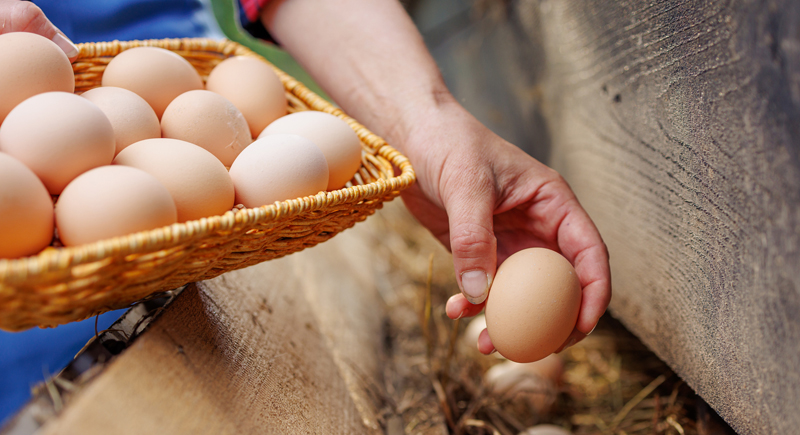
Credit: iStockphoto
Cowboys called eggs “cackleberries,” a name born out of the hen’s clucking. This unconventional term attracted substantial interest because of its ingenuity. Suggesting that chickens produced their own berries was hilarious. The term playfully added a touch of humor to their daily meals.
Apple Peeler
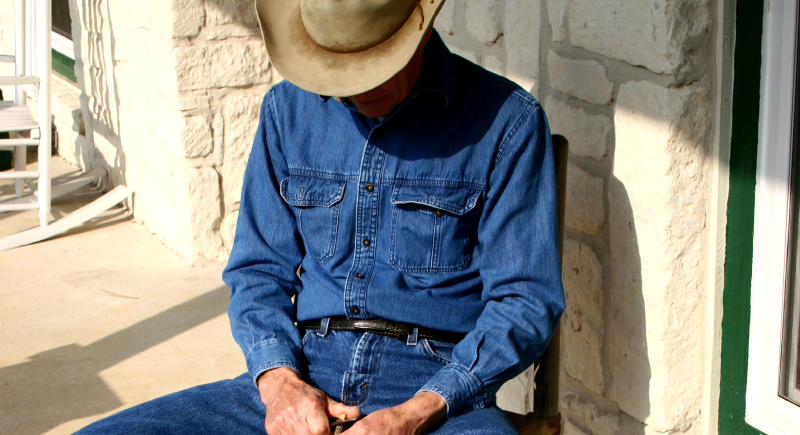
Credit: iStockphoto
A pocket knife was dubbed an “apple peeler” by cowboys. This was a rather straightforward slang that reflected the practical utilization of the knife. This term was not as attractive and interesting as its other counterparts. It provided an uncomplicated and harmless name for a common tool.
Choke Strap

Credit: iStockphoto
This was creative slang for a necktie. It hinted at its constricting nature. It was another, arguably straightforward, term. It would also not attract much attention. It was a simple description of the accessory in a light-hearted, albeit slightly uncomfortable, manner.
Curly Wolf
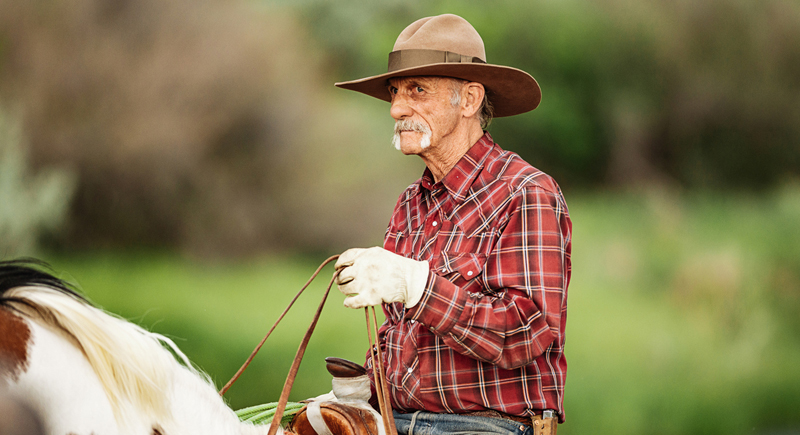
Credit: iStockphoto
The “curly wolf” slang was a disguised way of referring to a dangerous cowboy. It painted a blunt picture of his wild nature and tendencies. This term, with its poetic flair, remained acceptable despite the characters it referenced. It was effective in conveying a person’s fierceness.